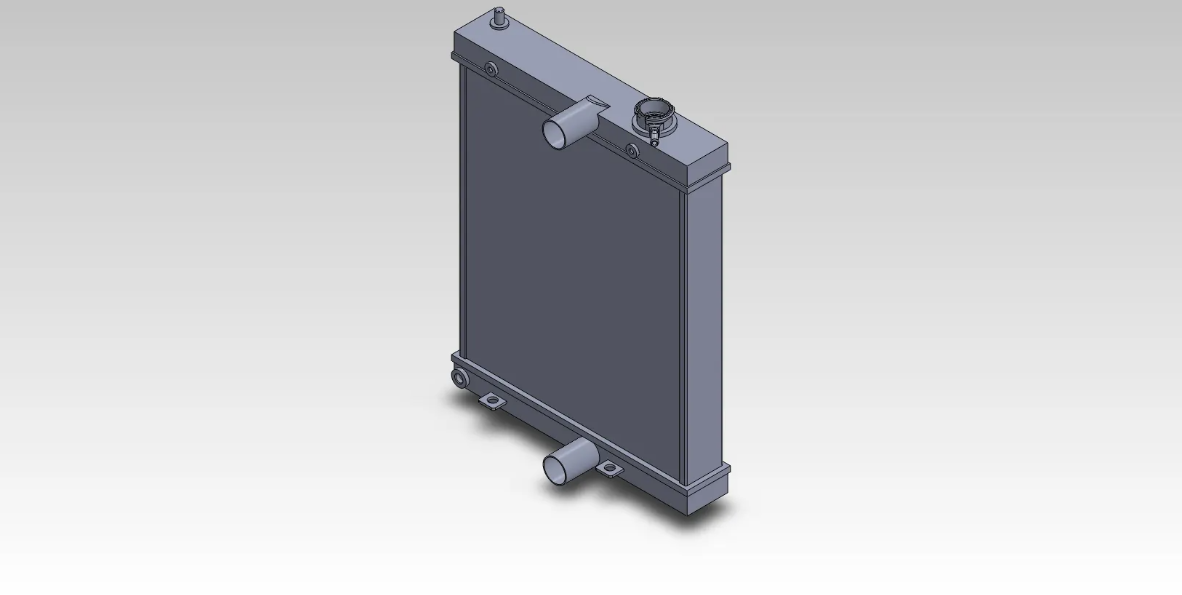As a Mitsubishi owner, it’s essential to keep your vehicle’s radiator in top condition. The radiator plays a crucial role in regulating your engine’s temperature and ensuring that it runs efficiently. However, like any other component, radiators can wear out and become faulty over time. In this blog post, we’ll explore the signs that indicate when your Mitsubishi radiator needs replacing.
Overheating Engine
One of the most obvious signs of a faulty radiator is an overheating engine. If your engine’s temperature gauge starts to rise above the normal range, it could be a sign that your radiator isn’t functioning correctly. Your radiator’s job is to regulate your engine’s temperature by circulating coolant through the engine block and the radiator. If your radiator isn’t working correctly, your engine won’t be able to regulate its temperature, leading to overheating and potential engine damage.
Leaking Coolant
Another sign that your radiator needs replacing is leaking coolant. Coolant leaks are a common symptom of a damaged radiator and should be addressed promptly. Coolant levels should be regularly monitored, and leaks can be identified by visible puddles under the car or a sweet smell in the cabin.

Discoloured Coolant
Over time, rust or debris can accumulate inside the radiator, leading to discolouration. Discoloured radiator coolant can indicate that your radiator is corroded or clogged and not functioning correctly. A radiator flush can help prevent discolouration and extend the life of your radiator.
Strange Noises
If you hear strange noises coming from your engine, it could be a sign that your radiator needs replacing. A radiator issue can cause bubbling or gurgling sounds, indicating that your coolant isn’t circulating correctly. If you hear strange engine noises, it’s essential to determine if they’re related to your radiator.
Conclusion
In conclusion, it’s crucial to keep your Mitsubishi radiator in top condition to ensure that your engine runs smoothly and efficiently. Signs that indicate when your radiator needs replacing include an overheating engine, leaking coolant, discoloured coolant, and strange engine noises. Regular radiator maintenance, including coolant flushes and inspections, can help extend the life of your radiator and prevent costly repairs down the line. If you suspect that your Mitsubishi radiator needs replacing, don’t hesitate to contact a professional mechanic for help.

